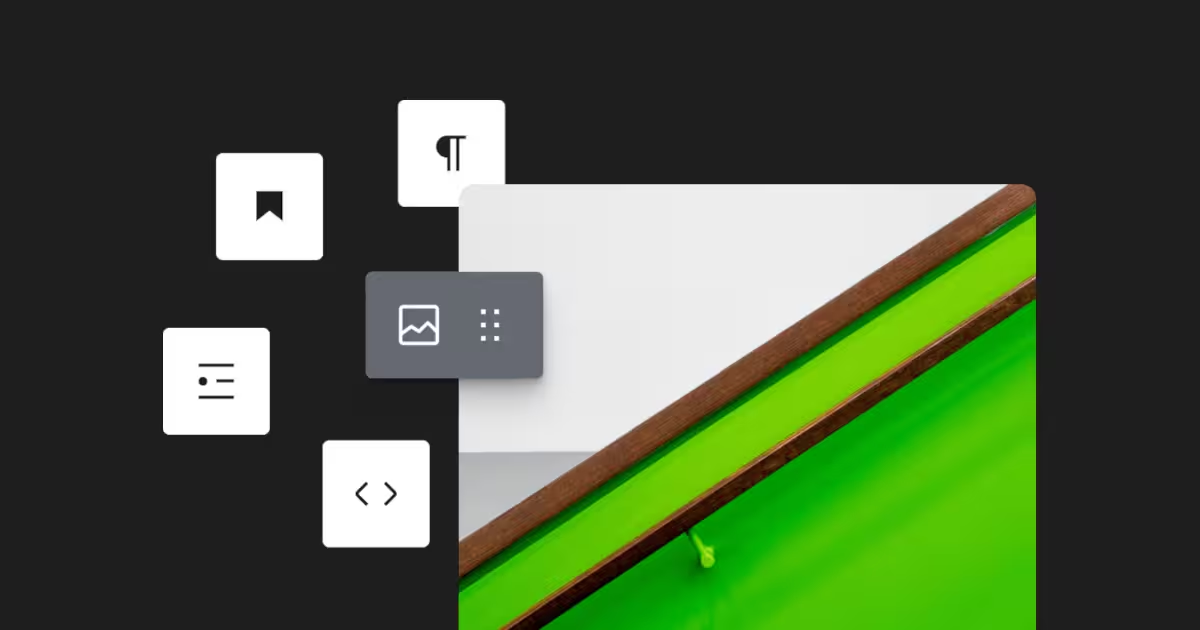Whenever I see a plugin with a block available to insert in WordPress, I wonder if it is just a fancy wrapper or if it enables you to configure it properly.
Disguised shortcodes
One way to distinguish if a plugin’s development is active or involved with the community is to look at how its blocks work. If the block doesn’t let you configure it but only calls it from the block editor, it’s a glorified shortcode.
But honestly, I prefer shortcodes that at least allow parameters instead of just the illusion of a fully customizable block.
Block plugins with no options look weird, and most of the time, when you go to their actual settings page, the interface feels outdated. It’s as if they were trying to catch up but didn’t really adapt.
Blocks with Non-Native settings
Settings that could be extensions of the WordPress Core but reinvent the wheel? I hate them. Funky UI? Not for me.
Those remind me of the unmentionable builders since they usually look unprofessional or cluttered. There is enough clutter right now in Core; I don’t want more.
This is probably the most complex challenge for plugin developers since some Core options cannot be extended easily or are hard to maintain.
I can’t stand suites of blocks that duplicate the Core ones without extending them that much. If yours is not better, why try to replace them and create a dependency?
Real WordPress blocks
Block plugins that make sense and make you think: Why is this not in WordPress core yet?
Such as block visibility settings that help you further configure your native blocks.
Or those that naturally extend the way WordPress blocks can reorder and nest.
For me, avoiding technical things like checking for the lowest-priority hooks is always a win. (I mostly don’t touch code.) Blocks allow you to put things where you want them, whether in a row, grid, div or wherever you wish.
WooCommerce block templates are almost there. You can’t configure them 100%, but that’s an excellent example of customization without having to code.

I’ve stopped creating “real” blocks and try constantly to only need to create block variations with the needed custom functionality and UI on top. Going that way has felt the best, to get the maximum use out of core, I don’t have to write all of the relevant pieces, but can instead and only in parts rely on Unittests, e2e tests, translations and stable components.
Non-real blocks are not that bad
I lied. Unfortunately, I still use low-quality blocks that at least work well in the front end. But hear me out: the minute there is something better that uses real blocks, I replace them with joy.
What is your favorite block plugin? Mine is probably Block Visibility.
Jos Velasco.
Credit of the image: Blocks landing page on WordPress.org.


Leave a Reply